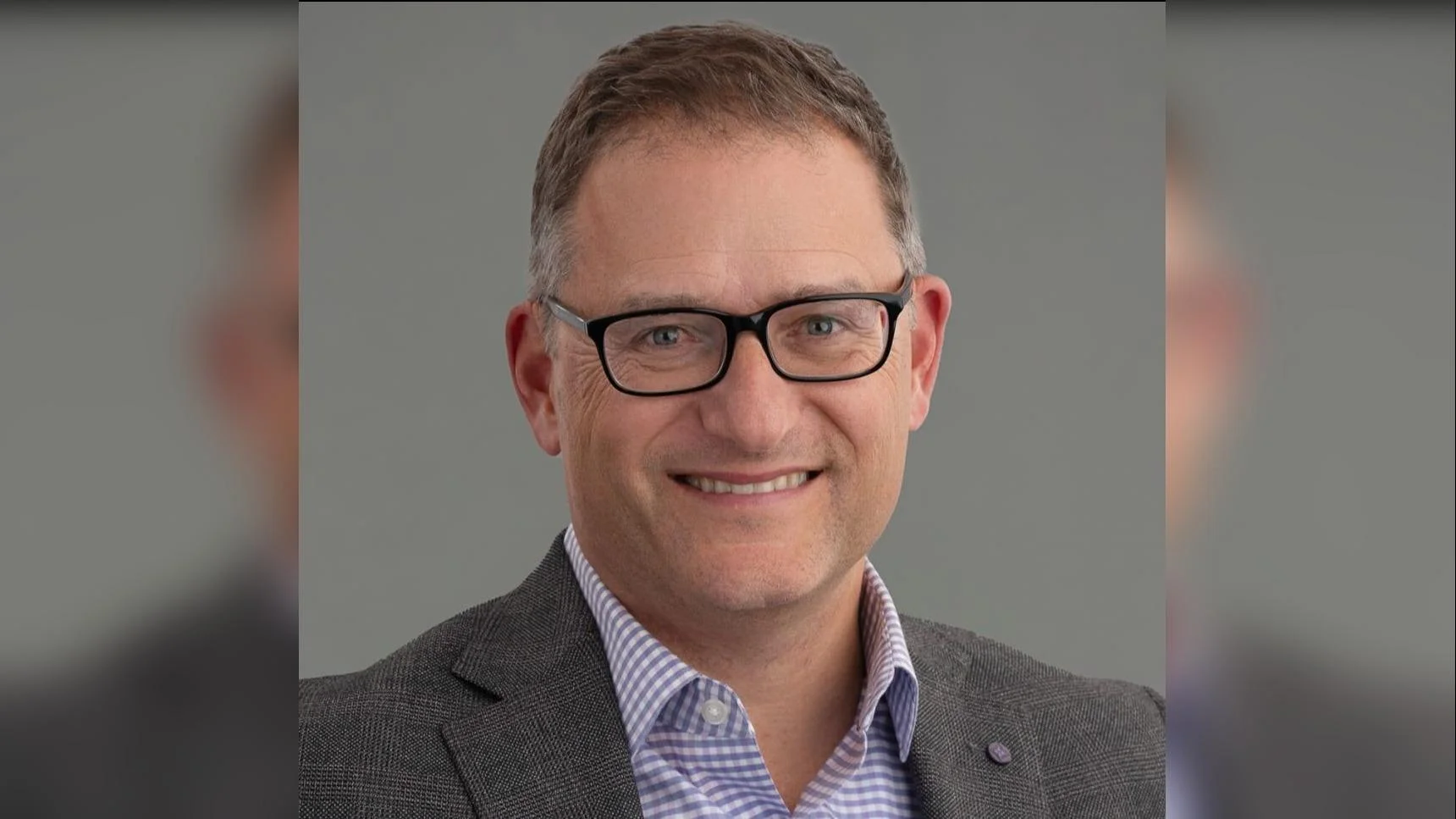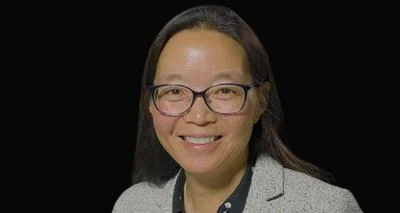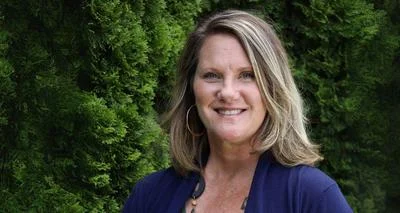Peter D. Newcomer Senior Vice President, Chief Operating Officer, | U. of Wisconsin Hospital and Clinics
Peter D. Newcomer Senior Vice President, Chief Operating Officer, | U. of Wisconsin Hospital and Clinics
The UW Health Compass Program, designed as a walk-in treatment center for individuals with substance use disorders, recently marked one year in service. The program, based at the UW Health 1102 S Park St Clinic in Madison, Wisconsin, commenced patient care in January 2024 and has expanded its operating hours and staffing to meet growing demand.
Dr. Elizabeth Salisbury-Afshar, the medical director of the Compass Program and an addiction medicine physician at UW Health, noted that they have expanded operations to include Wednesdays and increased provider staffing on Tuesdays. She stated, "From the beginning, the goal of this program was to meet people where they are and to provide a welcoming environment, and we are so happy to be able to make that happen more often."
Since its inception, the Compass team recognized a need for comprehensive services to help manage substance use disorders. As a result, a social worker was added to the staff, proving beneficial to the patients. Salisbury-Afshar explained, "Whether it’s housing, transportation, food or clothing, these are necessities our patients are requesting that are vital to their ability to be healthy."
The clinical team at Compass includes a doctor, nurse practitioner or physician assistant, nurse care manager, medical assistant, and peer support specialist. The center provides medications for opioid use disorder, basic wound care, testing and treatment for hepatitis and sexually transmitted infections, and basic family planning services. While not a detox center, Compass can assist patients in connecting to higher levels of care as needed.
Patients can visit Compass on a walk-in basis or through referrals from primary care physicians, urgent care, emergency departments, or state agencies. The program caters to both insured and uninsured individuals and is sustained by a state-funded grant covering costs for uninsured patients. This grant is scheduled to end in September 2025, and ongoing funding is required. According to Salisbury-Afshar, "We are hopeful we can find a funding source because everyone with a substance use disorder deserves access to life-saving medications and clinical services."
Since opening, Compass has served 128 unique patients, with 31 supported by the grant funding.
"We are hopeful we can find a funding source because everyone with a substance use disorder deserves access to life-saving medications and clinical services," Salisbury-Afshar added.





 Alerts Sign-up
Alerts Sign-up